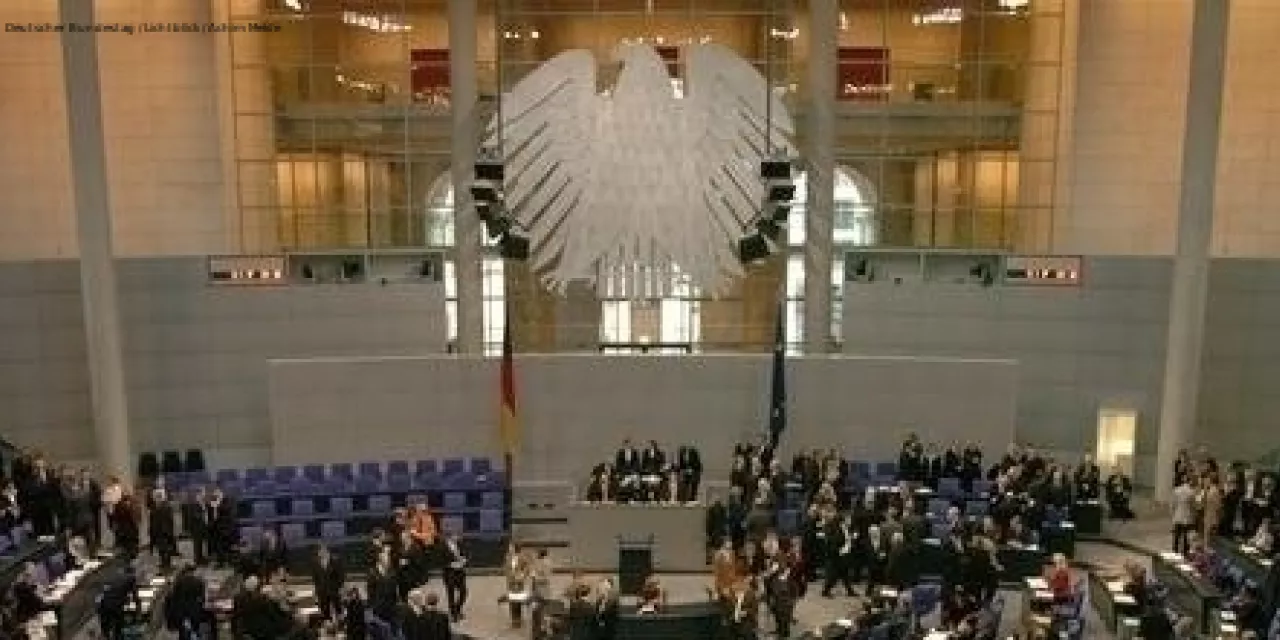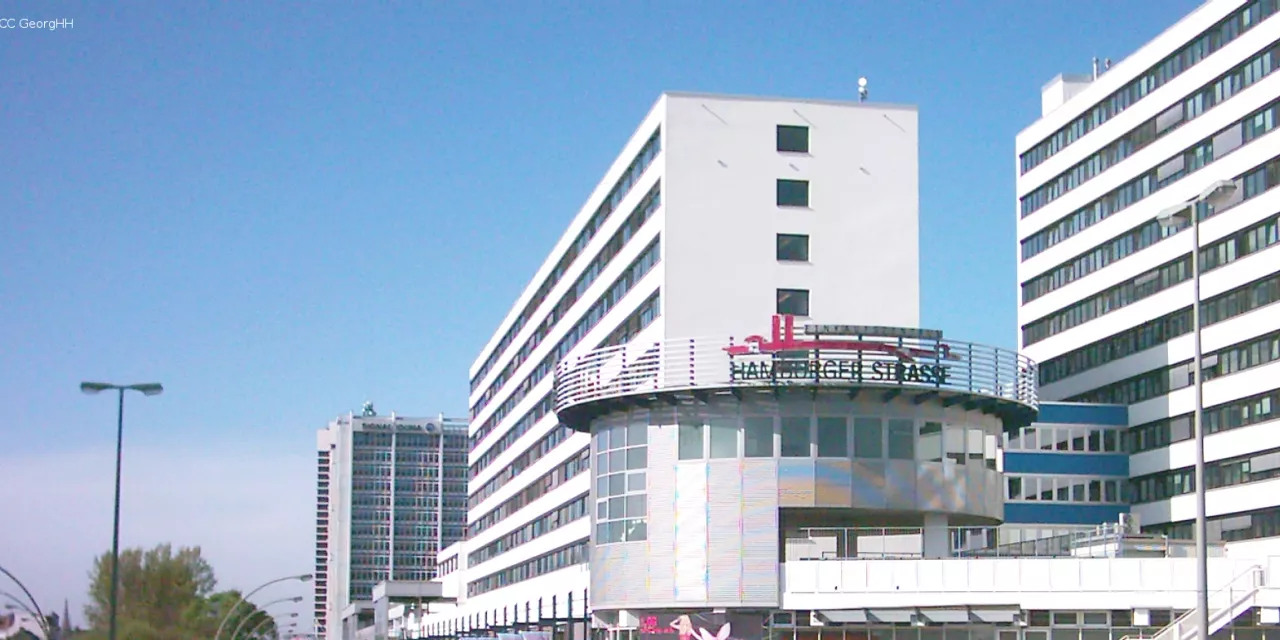Deutsche Telekom AG

The BigBrotherAward in the “Labour and Communications” category goes to Deutsche Telekom AG (German Telecom, plc) for their illegal use of telecommunication connections data to snoop on Telekom supervisory board members and journalists.
Deutsche Telekom have wilfully ignored several legal prohibitions at once, causing critical and possibly lasting damage to public trust in the secrecy of telecommunications, the freedom of the press, and privacy in general.
The list of broken laws makes stern reading. The company has helped itself to internally available data that would otherwise require a judicial order before it can be used for investigative purposes. Several hundreds of thousands of landline and mobile phone records, among them Deutsche Telekom’s own supervisory board members as well as journalists, were illegally processed in an attempt to find out how confidential business information had been leaked to the media.
It has not yet emerged on whose orders this was done, or whether Deutsche Telekom have also unjustly helped themselves to data from other mobile communications providers. There even is a suspicion now that employee representatives’ e-mails were included in the eavesdropping. All this will now be investigated and consequences will be drawn.
But these details are not so very important for the bigger picture. Because this scandal is about a fundamental issue: A company under a legal obligation to respect the secrecy of telecommunications has broken this rule out of pure self-interest. This must deeply worry all citizens in the light of the telecommunications data retention scheme that was voted into law by the German parliament in 2007. From 1 January 2008, Deutsche Telekom are required to store all data about every telecommunications connection for six months and, if certain conditions are met, to hand these data over to the security authorities. Now we must realise that none other than the keepers of these confidential data have ignored and circumvented existing laws for years and on a grand scale — an unparalleled breach of confidence.
The basic right of press freedom has also been violated by Deutsche Telekom: surveillance against journalists, “moles” in media organisations, checks of connection data — there is nothing that the company has shied away from in the last years. What a disaster for critical reporting, this constitutionally guaranteed pillar of our democracy, which depends crucially on a relationship of trust between journalists and informers.
It goes without saying that data protection laws were broken in the Deutsche Telekom eavesdropping scandal. But seeing how shamelessly this was done, it must be asked how worried we should be about the existence of a Telekom subsidiary, SAF Solutions, which is selling data itself, among others the parent company’s data that customers release by blanket-signing the smallprint in their telephone contracts. We have just heard about the theft of 17 million T mobile customer records that took place two years ago, and shortly after that, about a security hole that left 30 million bank details open for access. The chain of negative news is continuing.
What consequences must we draw from such news? And what consequences must we demand for the affected companies? We must be clear about one thing: privacy violations are not a trivial offence. They destroy trust and confidentiality, the basis for unrestrained exchange of thoughts and thus the basis of a democratic society. There is a lot at stake in a company such as Deutsche Telekom, because trust between the business and its customers, but also between employer and employee are the basis of any economic success.
The issues of data protection and privacy must be given higher priority, in companies as well as in society at large. We can no longer allow legislation to lag far behind technological developments and the possibilities of our digital world. Telekom as a huge telecommunications company should be in the forefront of this movement.
Instead they have given an example, through their ruthless infringement of valid laws as well as the rights of their staff, customers, and journalists reporting on their activities, of the ruthless thinking that has spread in the upper ranks of many companies.
This, beyond any doubt, qualifies them for this year’s BigBrotherAward.
Congratulations, Deutsche Telekom AG.
Laudator.in





















